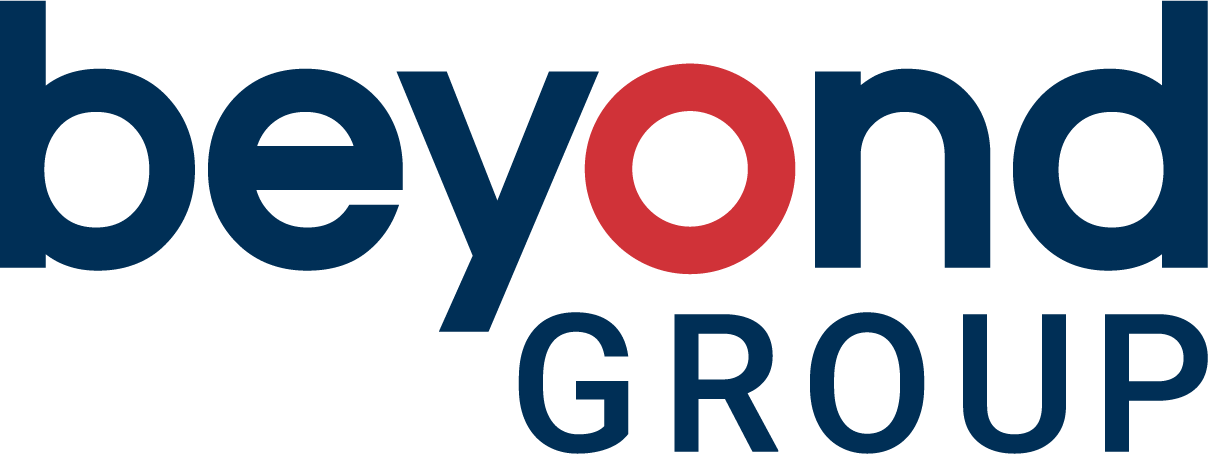Lebanese Women In Leadership Positions: A Survey Of National Perceptions
Lebanese Women In Leadership Positions
A Survey Of National Perceptions
In July 2017, Beyond Group (previously Beyond Reform and Development), in partnership with Hivos, Peoples Unlimited launched a report on women’s political participation in Lebanon. The one-year study looked at women’s participation in unions and syndicates, political parties, the judicial system and civil society. The findings from the study were collected using several qualitative data collection tools (interviews, literature review, and focus groups). In 2018, a perceptions survey was conducted across Lebanon using a national representative sample to explore various perceptions of women’s participation in politics. The qualitative results revealed patterns in the challenges women face when engaging in politics, such as a lack of career development opportunities, negative stereotypes of women in politics and limits to their ability to engage in politics. As such, this quantitative survey serves to understand, highlight and address patterns in these perceptions, the characteristics of individuals opposing women participating in politics and the perceived challenges to women’s participation.
This report is divided into four main chapters:
CHAPTER 1: SURVEY FINDINGS
This chapter presents the different responses and patterns from answers to 50 different questions on women’s abilities, perceptions and self-perceptions surrounding the nature of their participation in politics.
CHAPTER 2: CHARACTERISTICS OF INDIVIDUALS SUPPORTING OR OPPOSING WOMEN PARTICIPATION IN POLITICS
This chapter uses the results to better understand the most influential factors in individual responses to women’s participation in politics. These findings will serve as recommendations for future program design.
CHAPTER 3: COMPARATIVE IN-DEPTH DESCRIPTION OF CHARACTERISTICS INFLUENCING INDIVIDUAL OPINIONS ABOUT WOMEN’S PARTICIPATION IN POLITICS
This chapter builds on Chapter 2 and presents a more in-depth analysis of the data, allowing comparison between the different survey participant responses. The results allowed for a thorough analysis and the relationship between the different demographic variables including age, gender, region, education level, work status, marital status, income and being politically active. Characteristics that were significantly related (p-value≤0.05) with those questions were then collectively analyzed.
CHAPTER 4: RECOMMENDATIONS FOR FUTURE PROGRAMMING
This chapter makes a number of recommendations based on a detailed review of the findings in Chapters 1, 2 and 3. It aims to provide program designers with insights and guidance for future interventions promoting women’s political participation.

